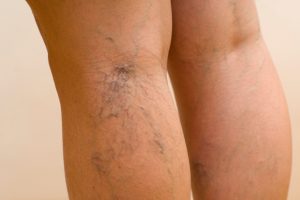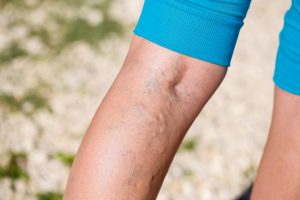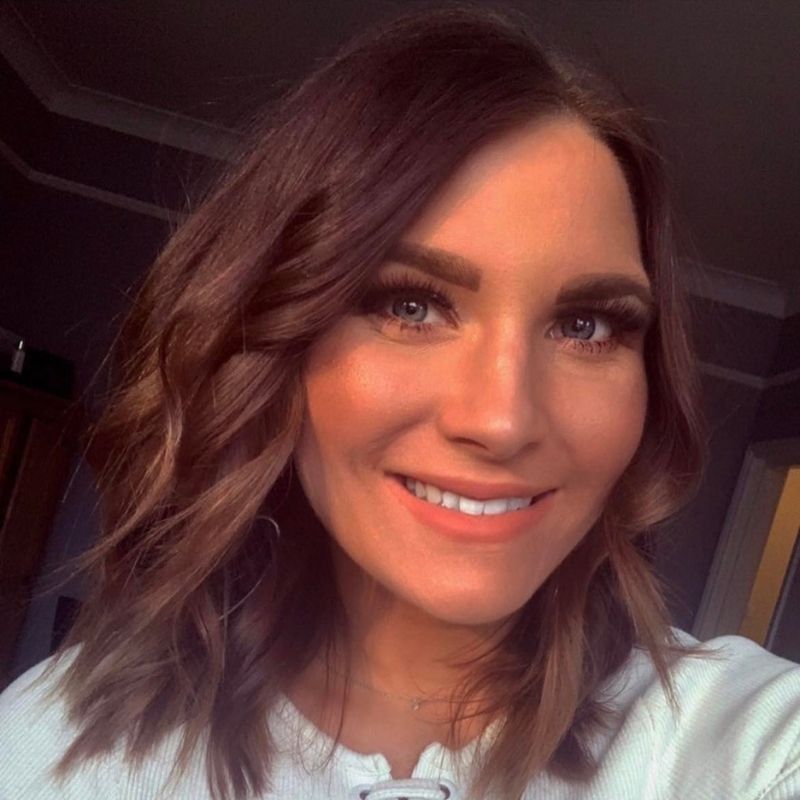What is deep vein thrombosis (DVT)?


DVT is a condition that can be caused by varicose veins that are left untreated, causing a blood clot to develop within a deep vein, usually in the leg. As advised by the NHS, if you suspect you have DVT, seek emergency medical advice immediately.
In most patients, the DVT stays in the leg and does not move. However, if the diagnosis is delayed or left untreated, the clot can cause scar tissue in the wall, damaging the deep veins permanently. This can result in swollen, discoloured and painful legs, and sometimes leg ulcers, a condition called post-thrombotic syndrome (PTS). In more serious cases, DVT can lead to a condition called Pulmonary Embolism, a blood clot that travels to the lungs.
If you are uncertain as to whether or not you are suffering from a DVT, you must go and see a vascular specialist at the earliest opportunity so that they can carry out a duplex ultrasound scan and advise on treatment based on the results.
But, what is the difference between thread veins and varicose veins? Thread or ‘spider’ veins are small, dilated blood vessels near the skin surface – whilst varicose veins are larger, lumpy blue or purple veins that can often present as bulging at the skin’s surface. Also, varicose veins appear when you stand and disappear when you lie down and lift your legs up.
This article is for general interest and is not intended to suggest a course of action that might be suitable for you. Always consult a licensed healthcare professional before making decisions concerning your health and wellbeing.


How can you reduce thread veins?
- Watch your diet - Maintaining a healthy body weight reduces pressure in the veins lower down in the legs. Replacing refined sugar with fruit and veg (which are packed with anti-oxidant and anti-inflammatory qualities) will not only help you maintain a healthy weight, but will also help your veins stay healthy, reducing ankle swelling and other venous problems.
- Get moving - At this unprecedented time, it is easy for a day to go by without much exercise and movement – particularly if you are limited for space at home with no garden. However, it is very important for you to ‘get moving’ every hour to help keep your blood circulation working. As well as carrying out a daily walk around the neighbourhood, try walking up and down your stairs a few times a day or carrying out an easy online workout if you have space. This will help to prevent any phlebitis or blood clots by increasing your body’s ability to pump blood up the leg back toward the heart.
- Drink enough water - Drinking water has invaluable effects on our bodies. This includes aiding our venous health, as blood becomes thinner and flows more easily when hydrated. It is recommended to drink 1-2 litres of water a day, depending on what else you eat and drink. However, coffee, tea and other caffeinated drinks can dehydrate you, as can alcoholic drinks. Thicker blood is usually a sign that there is not enough water in our body – putting veins at a higher risk of blood clots.
- Elevate your legs - By raising your legs when you are sitting down and not moving, you will be encouraging blood to flow back to the heart, whilst also reducing swelling and taking pressure off the legs.
Does having a desk job increase the risk of varicose veins?
When you sit for extended periods, the muscles in your legs that normally help pump blood aren’t used very much. As a result, in patients with varicose veins or “hidden varicose veins” the blood falls backwards down the leg veins. The blood can then pool in the lower leg, increasing swelling and the risks of skin damage at the ankles. This can be red and itchy (venous eczema), yellow and tenser (lipodermatosclerosis) or brown stains (hemosiderin).

How can you prevent varicose veins?
To keep your leg muscles in working form, every half an hour stand-up and pump your calves by rising onto your toes repeatedly for 60 seconds. When blood is pumped fast up the veins, a substance called nitric oxide is released into the vein wall, keeping the veins healthy.
What to do if you're concerned about varicose veins?
Professor Mark Whiteley's advice would be to speak to a specialist venous consultant at the earliest opportunity.They can arrange a vascular technologist to give you a venous duplex scan at the earliest opportunity. This will tell the consultant whether there are any hidden problems and from here, they will be able to decide upon the best course of action.
Sign up to our free daily email for the latest royal and entertainment news, interesting opinion, expert advice on styling and beauty trends, and no-nonsense guides to the health and wellness questions you want answered.
Please note that some venous clinics (including The Whiteley Clinic) are currently be providing video consultations for all patients who would prefer a consultation remotely, and who have a condition or questions that can be assessed this way.
The main underlying issues indicated by thread veins are hidden varicose veins (called “Chronic Venous Insufficiency”), previous veins problems such as Deep Vein Thrombosis (DVT), or if you have any pelvic discomfort or intimate varicose veins, Pelvic Congestion Syndrome (PCS).

Rose Goodman is a health writer across print titles and websites including woman&home.
Prior to pursuing her career as a writer, Rose obtained a degree in psychology and went on to work in adult mental health for five years, specifically working with people diagnosed with eating disorders, anxiety, depression and OCD. Mental health and wellbeing is something Rose feels incredibly passionate about and believes normalising the conversation around mental illness is something we should all actively strive to do.